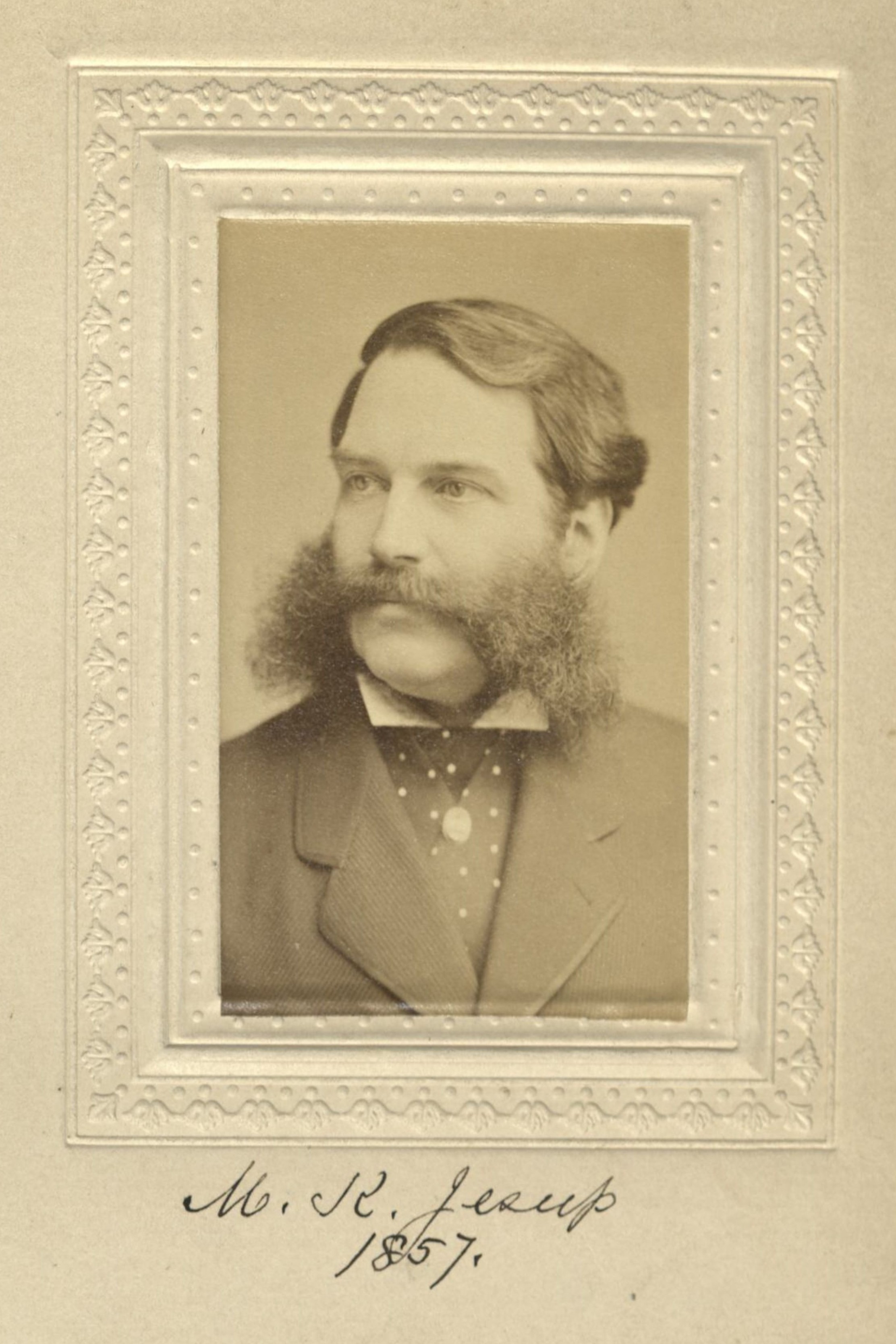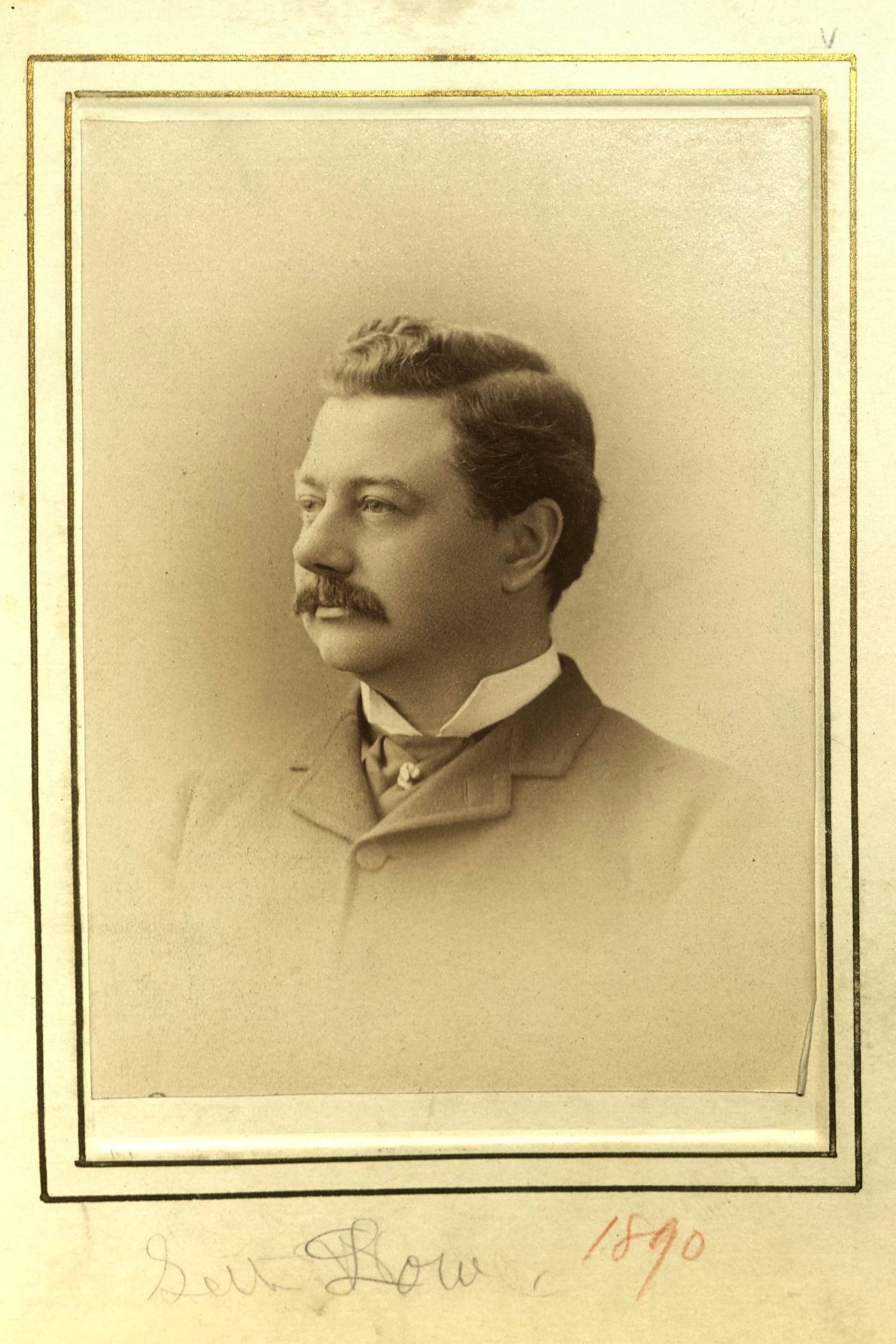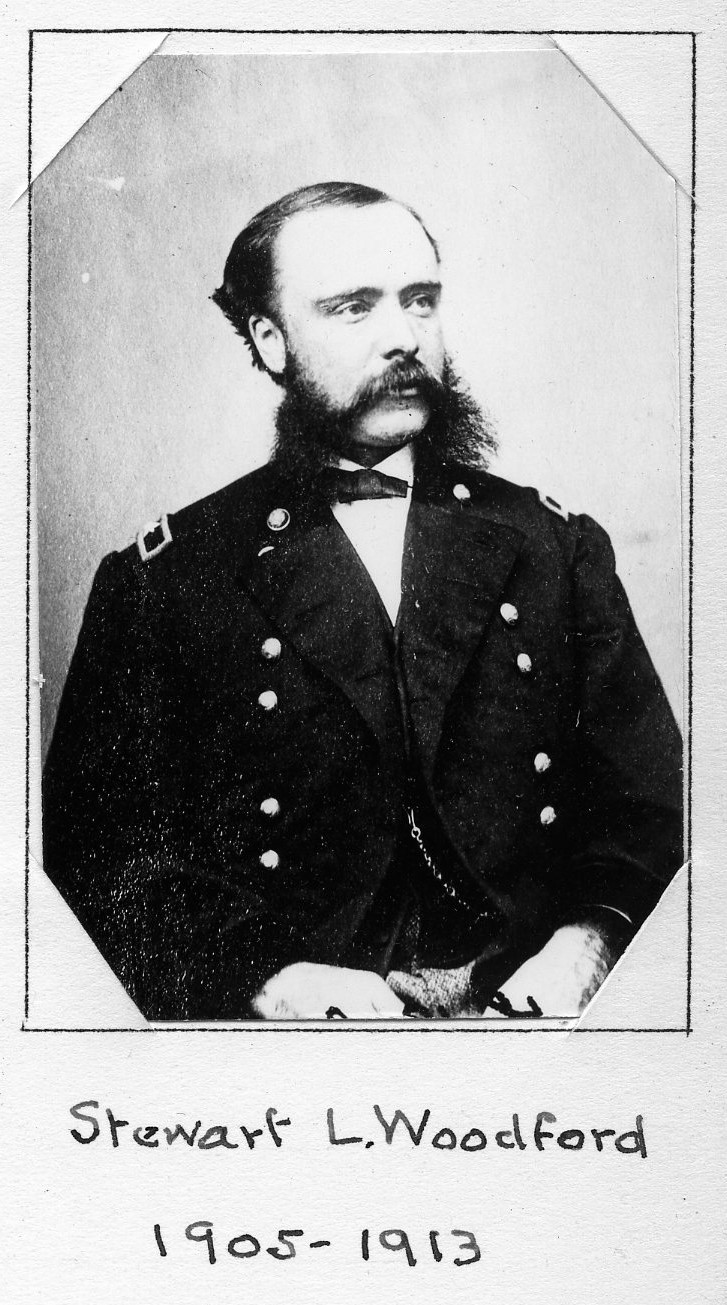Member Directory,
1847 - 1922
Sadatsuchi Uchida
Consul of Japan
Centurion, 1900–1942
Edmund L. Zalinski and John La Farge
Kokura, Fukuoka, Japan
Shibuya, Tokyo, Japan
Age thirty-five
Fuchu City, Tokyo Metropolis, Japan

Century Memorial
In 1900, Consul Sadatsuchi Uchida, then age thirty-five and serving as consul of Japan in New York, was elected to the Century, having been proposed by Edmund L. Zalinski, a military engineer, and John La Farge, a painter.
Consul Uchida, whose first name was spelled “Sudzuchi” in Century records, was born in 1865 in Kokura, Fukuoka Prefecture, Japan, and received a law degree from Tokyo Imperial University. He joined the Ministry of Foreign Affairs in 1889 and was assigned as élève-consul to Shanghai in 1890 and then as consul to Seoul in 1893. At this time, Japan, China, and Russia were vying for influence, and indeed control, over Korea.
The royal family in Korea, in the person of Queen Min, turned to Russia to counterbalance the ascendant Japanese. The Japanese ambassador, Miura Gorō, conspired with elements in the royal family allied with Japan to assassinate the Queen. Consul Uchida learned of the assassination plans and resolved to wire his superiors in Tokyo to thwart it. Before he could, Ambassador Gorō banned anyone other than himself from using the telegraph wires. On October 8, 1895, in what became known as the Eulmi Incident, a Korean regiment loyal to Japan overpowered the royal guards and allowed Japanese rōnin assassins into the Royal Palace, who hacked the Queen to death with swords and burned her body. A court in Hiroshima subsequently indicted Ambassador Gorō and fifty-five others for their roles in the assassination. All were acquitted for lack of evidence.
His career unhurt, Uchida was assigned to New York as consul (thus becoming the second-ranking Japanese diplomat in the United States after its ambassador), arriving on November 1, 1896. In 1902, he was promoted to consul general. After Japan attacked Russia’s Port Arthur in 1904 without a declaration of war, thus beginning the Russo-Japanese War, Uchida let loose in a speech in New York: “In fighting a burglar, one has no need to observe over-carefully the customs of men and honor and gentlemen in a duel. Russia was never entitled to any sort of declaration of war. Russia is not a civilized power.” The American crowd cheered. He noted in his diary that he was congratulated by strangers on the street. The consul raised over $5 million from sympathetic Americans and Japanese merchants in New York to buy Japanese War Bonds, which he designed himself.
As he had witnessed in Korea, Japan was in an expansionist mode, resisted by not just China and Russia, but by the United States as well. Japan could not afford to alienate the United States, and Consul Uchida did his diplomatic best to maintain smooth relations between the countries. Once, however, he strayed from the official line. As the Russo-Japanese War raged, Consul Uchida gave a speech in Washington in which he stated: “we must enter another great struggle, not only against Russia, but against the whole civilized world [i.e., the United States]—that is a commercial and industrial fight for Korea and for China.” The newspapers speculated that the consul had “let the cat out of the bag” and that “the Consul may be disciplined by his government for talking too much.” In 1905, he worked with the Japanese delegation to negotiate the Treaty of Portsmouth ending the Russo-Japanese War.
Consul Uchida found himself in the middle of both diplomatic and more mundane matters, including the prime minister of Japan, who had recently lost a leg in a terrorist attack, asking Uchida to send him an artificial leg according to the latest American design.
The consul traveled widely throughout the United States, inspecting textile mills in New England and traveling to Texas to facilitate immigration by Japanese rice farmers to that state (raw silk and tea, and farmers, being Japan’s leading exports to the United States, with rice, he foresaw, soon to be exported back to Japan). Japan was feeling the pinch of overpopulation and was active in sending its citizen farmers and laborers abroad.
The consul made the rounds of New York parties, weddings, and other events. At the annual celebration of the emperor’s birthday in 1902, held at Sherry’s, Consul Uchida persuaded his fellow Centurion Seth Low to address the gathering, the first time a New York City mayor had done so. Other current and future Centurions in attendance included General Stewart L. Woodford, Morris K. Jesup, Frank A. Vanderlip, John La Farge, and Edmund L. Zalinski. At the banquet for the emperor’s birthday in 1905, Alice Roosevelt was in attendance, along with William Speiden, Jr., a survivor of the crew that had gone with Commodore Perry to Japan in 1852, and General Frederick Dent Grant, the eldest son of President Grant, who had traveled to Japan with his father in 1879.
The consul left the United States in July 1906, having served for ten years, and was promoted to be ambassador to Brazil. He subsequently served as ambassador to Sweden, Turkey, and other countries, and retired in 1924.
The consul and his wife, Yoko, had one son, Isao.
While in Tokyo in 1910, Uchida retained architect James McDonald Gardiner to design a Victorian house with an octagonal turret as his home. The house, which was moved to Yokohama in 1995, is today a museum.
The consul died on June 2, 1942, at home, six months after Japan had launched a war against the United States. He kept his membership in the Century to the end.
Alexander Sanger
2021 Century Association Yearbook
Related Members
Member Directory Home-
 Morris K. JesupBanker/PhilanthropistCenturion, 1857–1908
Morris K. JesupBanker/PhilanthropistCenturion, 1857–1908 -
 John La FargeArtistCenturion, 1860–1910
John La FargeArtistCenturion, 1860–1910 -
 Seth LowMayor of Brooklyn and New York City/University PresidentCenturion, 1890–1916
Seth LowMayor of Brooklyn and New York City/University PresidentCenturion, 1890–1916 -
 Frank Arthur VanderlipBankerCenturion, 1904–1932
Frank Arthur VanderlipBankerCenturion, 1904–1932 -
 Stewart L. WoodfordLawyer/U.S. Congressman/Lieutenant Governor of N.Y.Centurion, 1905–1913
Stewart L. WoodfordLawyer/U.S. Congressman/Lieutenant Governor of N.Y.Centurion, 1905–1913 -
 Edmund L. ZalinskiArmy Officer/Engineer/InventorCenturion, 1890–1909
Edmund L. ZalinskiArmy Officer/Engineer/InventorCenturion, 1890–1909



